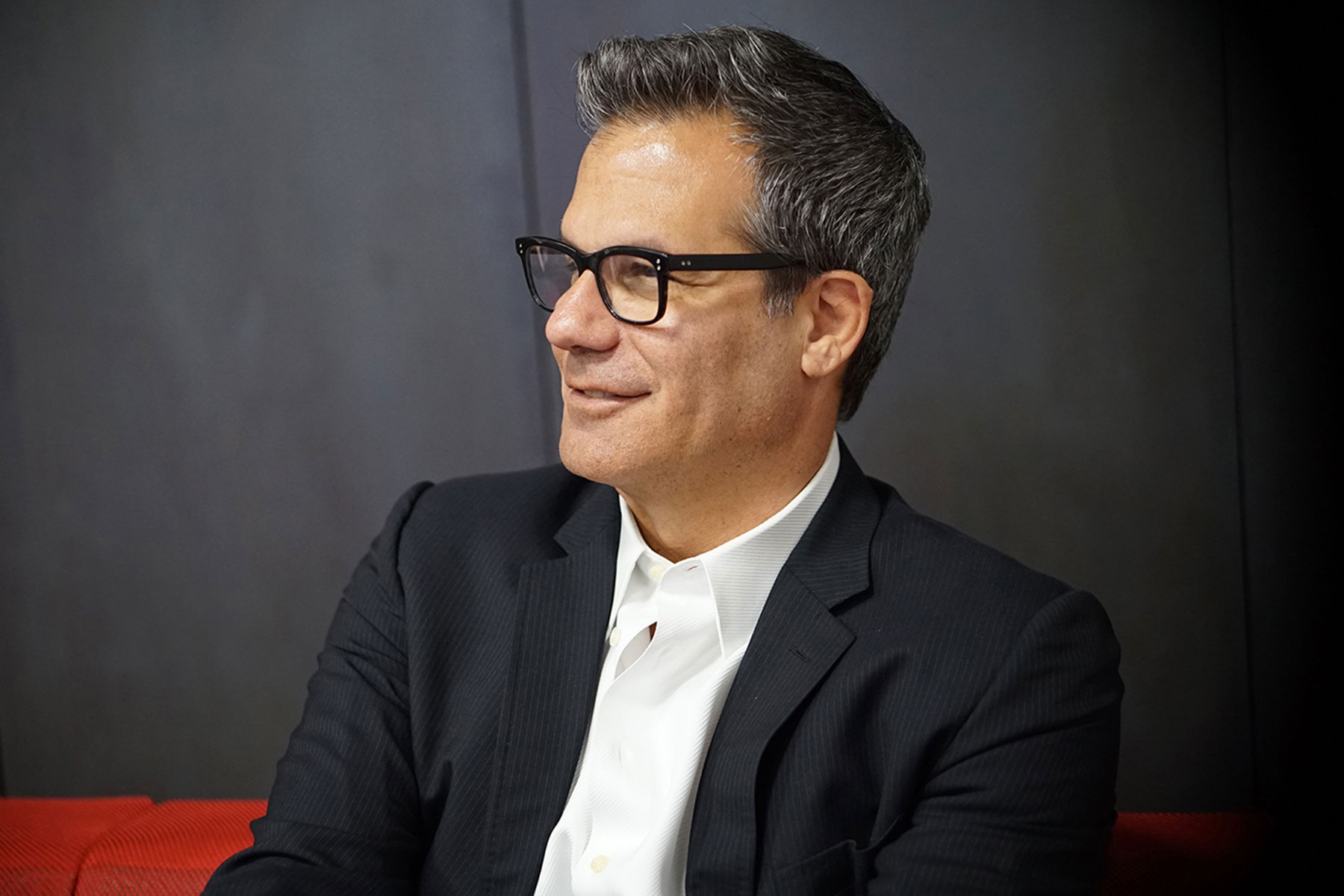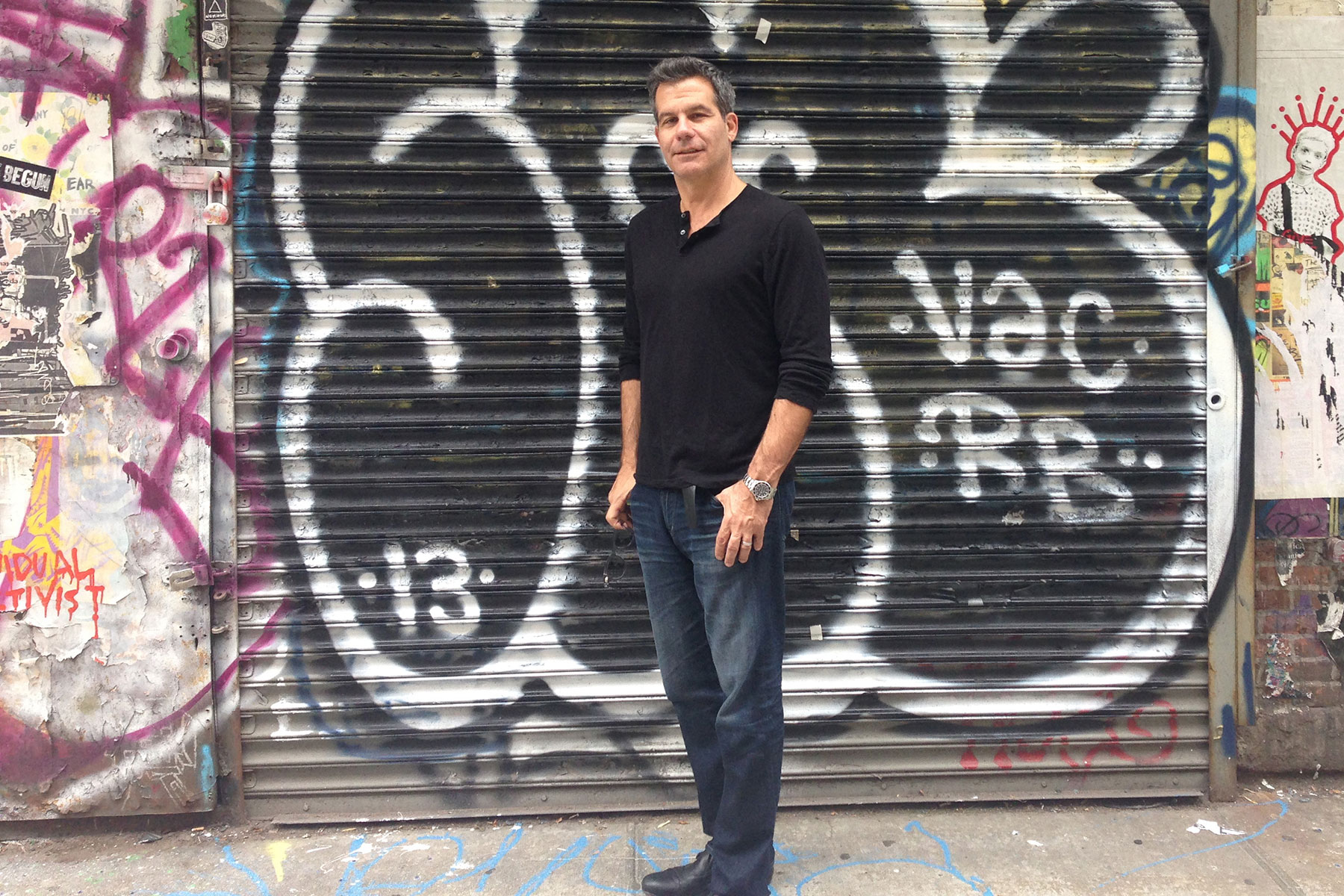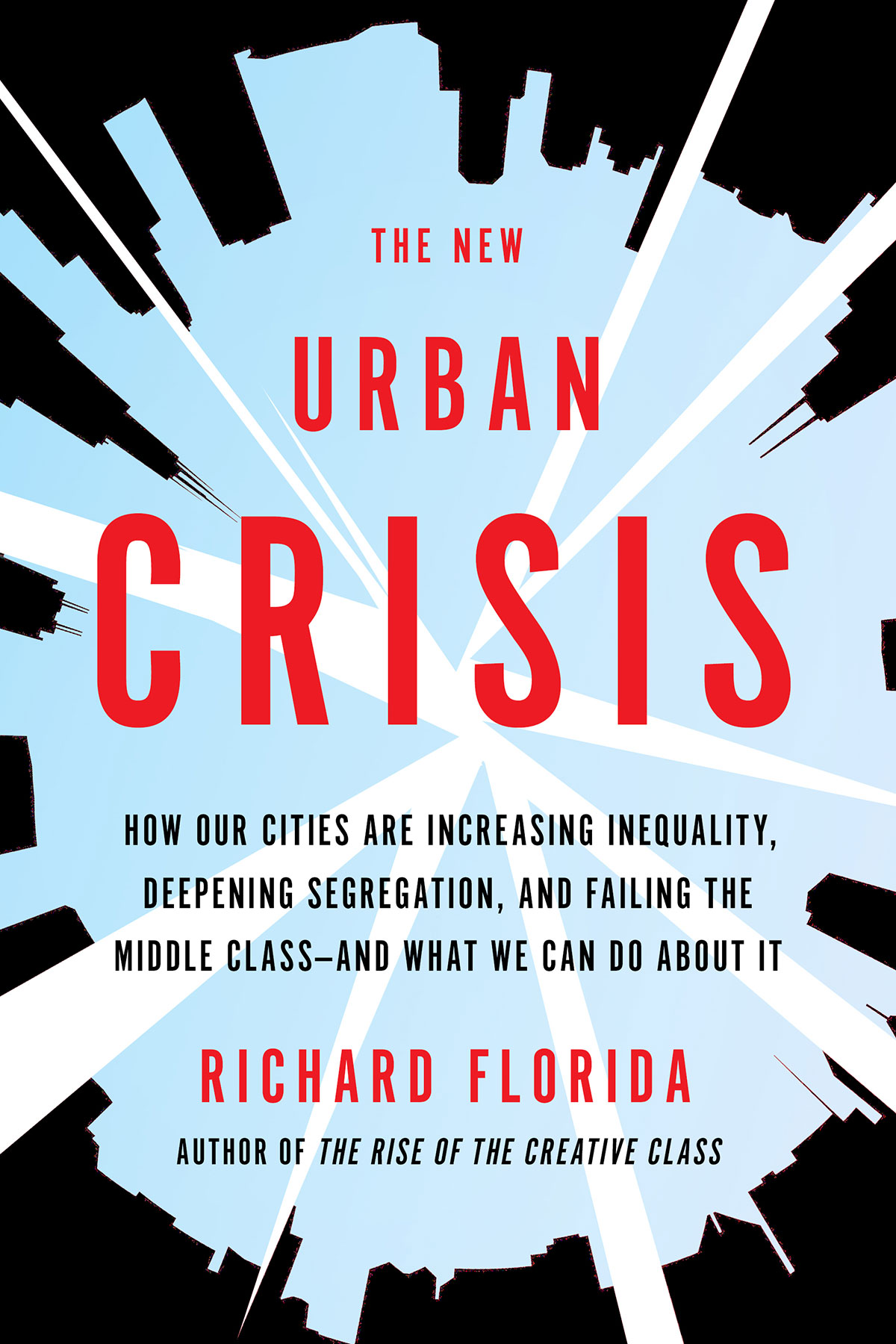
Professor and author Richard Florida will be the featured guest in an upcoming “On the Issues with Mike Gousha,” June 8 in the Lubar Center at Marquette University Law School’s Eckstein Hall.
In 2002, Florida’s best-selling book, The Rise of the Creative Class, focused on a demographic shift happening around the world — an urban revival sparked by young, creative, tech-savvy professionals. Now, 15 years later, Florida has written a far more sobering book, The New Urban Crisis. It explores a darker side of the urban renaissance, something he calls “winner-take-all urbanism.” Florida sees deepening inequality in our cities, growing segregation and poverty, and the disappearance of the middle class. Florida will discuss his new book, the dimensions of the challenge facing not only cities but suburbs, and what can be done about it.
Florida is the director of the Martin Prosperity Institute at the University of Toronto and Global Research Professor at New York University. He is a cofounder and editor-at-large of CityLab and a senior editor at The Atlantic.
Gousha, an award-winning broadcast journalist, is the Law School’s distinguished fellow in law and public policy. His On the Issues series of conversations with newsmakers supports Marquette Law School’s commitment to serve as a modern-day public square for the city of Milwaukee, the state of Wisconsin and beyond.
Through public programming such as the Marquette Law School Poll, debates featuring candidates in significant political races, Gousha’s On the Issues conversations with newsmakers, public lectures by leading scholars and conferences on significant issues of public importance, the Law School serves as the region’s leading venue for serious civil discourse about law and public policy matters.
Richard Florida confronts the dark side of the creative economy he celebrated in “The Rise of the Creative Class,” and grapples with the gentrification, inequality, and segregation it has created in our cities.
In recent years, the young, educated, and affluent have surged back into cities, reversing decades of suburban flight and urban decline. And yet all is not well. In The New Urban Crisis, Richard Florida, one of the first scholars to anticipate this back-to-the-city movement in his groundbreaking The Rise of the Creative Class, demonstrates how the same forces that power the growth of the world’s superstar cities also generate their vexing challenges: gentrification, unaffordability, segregation, and inequality.
Across nearly every metro area, middle-class neighborhoods are disappearing. Our cities and suburbs are being replaced by a patchwork metropolis, in which small areas of privilege are surrounded by vast swaths of poverty and disadvantage. The rise of a winner-take-all-urbanism, with a small group of winners and a much larger span of losers, signals a profound crisis of today’s urbanized knowledge economy that threatens our economic future and way of life.
But if this crisis is urban, so is its solution. Cities remain the most powerful economic engines the world has ever seen. The only way forward is to devise a new model of urbanism that encourages innovation and wealth creation while generating good jobs, rising living standards, and a better way of life for everyone. We must break down the barriers separating rich from poor and rebuild the middle class by investing in infrastructure, building more housing, reforming zoning and tax laws, and developing a new national urban policy.
A bracingly original work of research and analysis, The New Urban Crisis offers a compelling diagnosis of our economic ills and a bold prescription for more inclusive cities capable of ensuring growth and prosperity for all.

© Photo
Roshan Nebhrajani and Lorne Bridgman















